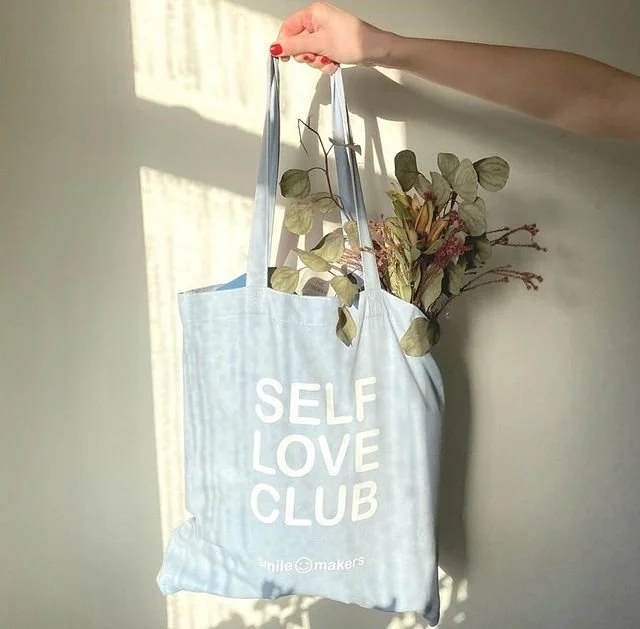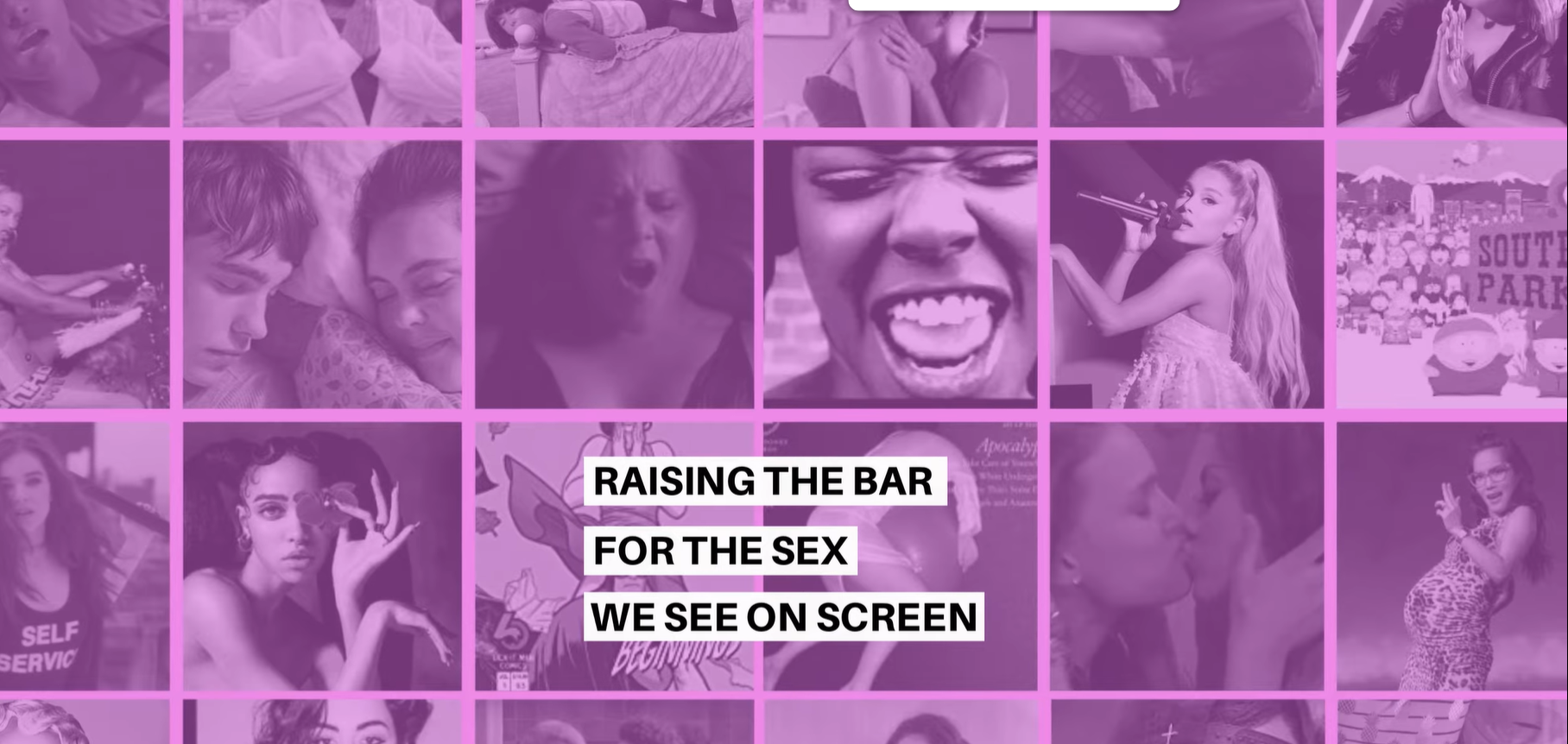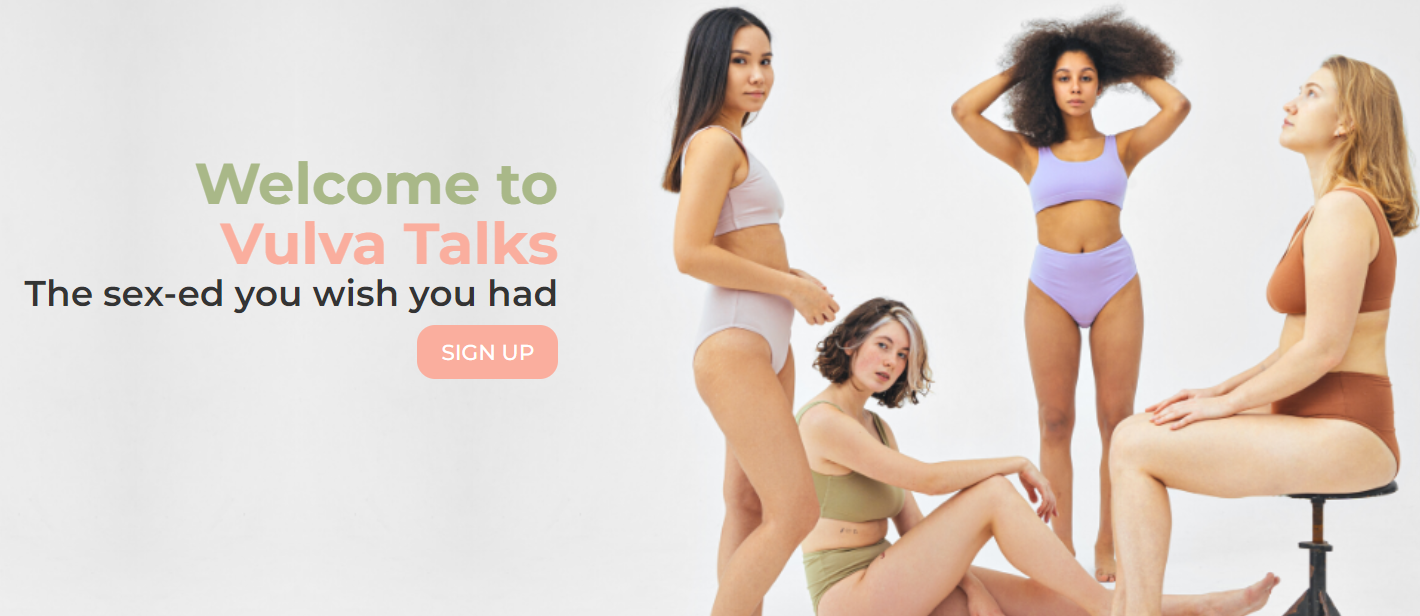P is for Pleasure
April 2023
Hey there Caddyshackers,
Autumn vibes are kicking in and we have been chipping away steadily with our webinars, small group sessions and keeping our finger on the pulse with all things current and topical.
One thing that has been popping up a lot lately is a refresh on Sex Ed as we know it.
How do we normalise conversations about sex?
What if sexual health and sex ed was taught like our physical health or oral health, or even our skin?
Time to move away from the purely anatomical, risky, nuts and bolts aspects of sex and start talking about sex positive, pleasure based Sex Ed.
Get comfortable, this month we can’t stop talking and reading about sexual pleasure!
So, What is Pleasure?
Let’s start by diving into some definitions.
The Global Advisory Board on Sexual Health and Wellbeing (Who knew!) created the following working definition:
“Sexual pleasure is the physical and/or psychological satisfaction and enjoyment derived from solitary or shared erotic experiences, including thoughts, dreams and autoeroticism”.
The World Health Organization (WHO) has working definitions of sex, sexual health, sexuality and sexual rights, but not sexual pleasure.
Pleasure is mentioned only twice in the WHO definitions, including that of sexual health:
“Sexual health requires a positive and respectful approach to sexuality and sexual relationships, as well as the possibility of having pleasurable and safe sexual experiences, free of coercion, discrimination and violence.”
Choice, safety & enjoyment
These are among the synonyms for pleasurable-sex. Getting a bit closer to understanding pleasure now?
Not just about an orgasm then?
It appears that pleasurable sex is like most things - all about the journey rather than the destination. So, what we we can take away is that sexual pleasure is not just about the orgasm.
We can conclude that pleasure, in its many forms, is crucial to having good sex.
Here’s some great info from the folks at Smile Makers in the UK who are on a mission to close The Pleasure Gap.
Never heard of The Pleasure Gap before? Or need a refresher? Billie Quinlan did a TED Talk about it!
P is for Pleasure
Fun fact!
Did you know dolphins also seek out sex for pleasure?! As mammals, they are closer connected to our genes then we may sometimes think!
But what about self-pleasure?
Seeking sexual self-pleasure is one of the first sexual steps some people take. This may be intentional, or purely by discovery!
By sexual self-pleasure we mean masturbation which is a safe and healthy sexual behaviour and a great way to explore likes and dislikes when it comes to sexual touch.
Side note: You may notice that masturbation of the vulva or vagina isn’t represented in social media, on screens, or even in jokes as much as masturbation of the penis.
While not as openly discussed there are certainly heeeuge improvements emerging in this area.
Shout out to
The Clit Test
Pleasure & Sex Ed
So why so much hesitation around pleasure in Sex Ed?
Reasons for a reluctance to discuss sex often include concerns it might ruin children's innocence, encourage an unhealthy curiosity about sex, or lead to early sexual activity.
We respect and understand this concern, however a number of studies show that by providing comprehensive sexuality education, young people actually delay the onset of sexual activity.
The research tells us that young people who are sexually active participate in much safer practices around sexual activity.
Is that really true?
Yup and here’s the comprehensive sex ed evidence from around the world;
Studies in the USA show that abstinence education is out of touch with young people’s reality and for the sexually active, can have negative consequences, such as;
High rates of teenage pregnancy
Increased Sexually Transmissible Infections (STIs)
Countries like Holland, Germany and France, that have comprehensive approaches and begin sexuality education in primary schools, have the lowest teenage pregnancy rates of anywhere in the world.
Congrats Australia in mandating holistic and age appropriate consent education in every school from foundation to Year 10 which is to commence in 2023.
It’s a big step in the right direction.
Setting a sex-positive standard in Sex Ed ensures that wellbeing and enjoyment is an expectation, so too is normalising talking about sex. Removing barriers such as shame and embarrassment to healthy conversation about sex, drastically improves young people’s capacity to articulate how they feel, or to say what they do or do not want, in a relationship or a sexual event….or in life.
The Pleasure Barriers
It’s time to bust down the pleasure barriers.
They come from two sources;
Internally as a part of your thoughts and beliefs around pleasure,
Externally from community and a thought of pleasure being inaccessible!
What can we do about it?
Pleasure is very accessible, you just have to give yourself permission to ;
allow it,
ask for it and
negotiate around it.
One great way to discuss and navigate pleasure and to create respectful boundaries, involving consent is the “3-minute game” with two questions: “How do you want me to touch you for 3 minutes?” & “How do you want to be touched for 3 minutes?”
Prepare for Pleasure
Allow it! Go inwards and discover what is pleasurable and desirable to you.
Being able to freely and openly discuss your likes and dislikes when it comes to sexual touch is a key to achieving pleasure.
Think of pleasure as play and a chance to discover new thoughts, feelings and desires with the informed consent of all involved (as per the 3 minute game above).
Respect your own and others boundaries.
Look for the sexy in consent and be comfortable with saying and hearing no.
Goodbye Fake Orgasms & Power to the Pleasure people
What we are loving right now
Right now we are loving TWO things (you can thank us later)!
Vulva Talks, a free online course from Smile Makers.
You’ll learn about;
sexual pleasure,
pleasure tips from sexologists,
anatomy through a pleasure based lens,
plus you’ll get a certificate on completion.
Also, check out The Pleasure Principle.
Sex, joy and modern science converge in this eye-opening series that celebrates the complex world of women's pleasure — and puts stubborn myths to rest.
The three episode limited series is now playing on Netflix.
Episode 1: Our Bodies
Episode 2: Our Minds
Episode 3: Our Relationships
Enjoy Caddyshackers.
Until next time,
Peace, Love & Protection
X







